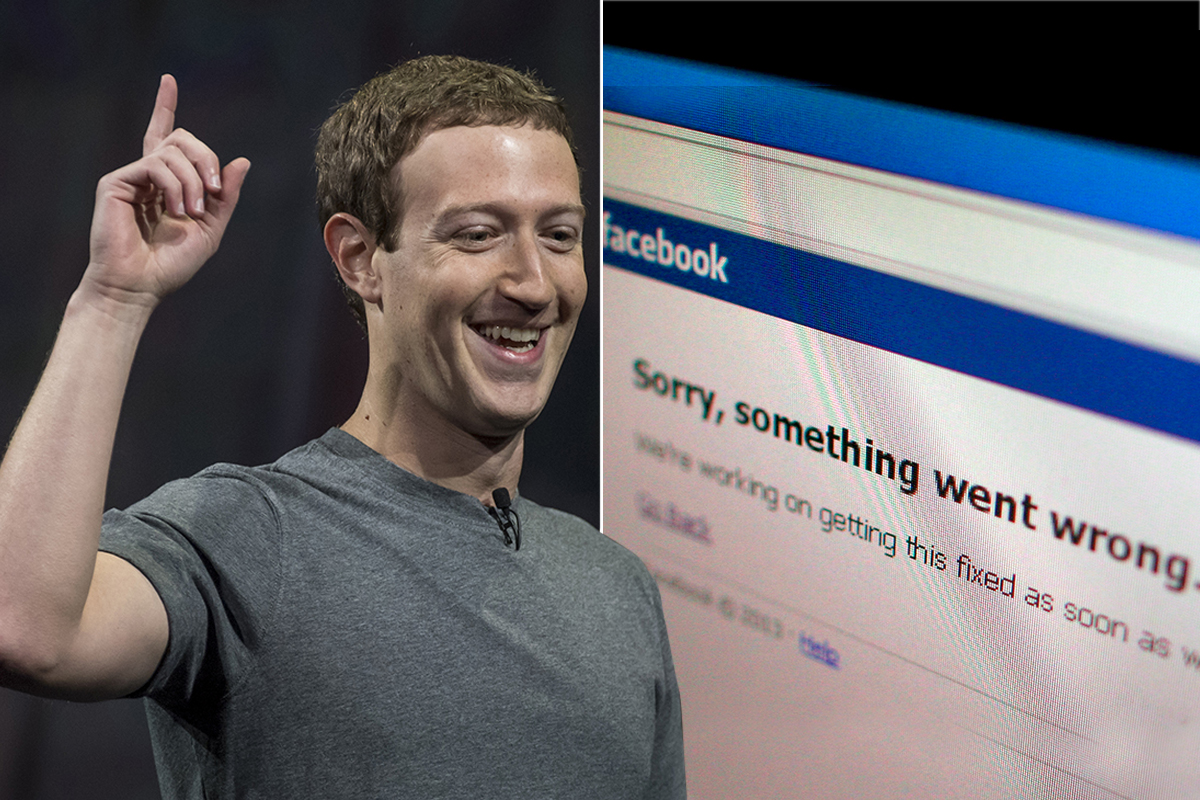The Facebook tax UK phenomenon has sparked widespread discussion about the corporate taxation landscape in the country. This issue sheds light on how Facebook, despite generating £105 million in sales, only paid a meager £4,327 in corporation tax during 2014, far less than the average UK citizen. Many are left wondering how such a disparity exists between Facebook profits and tax contributions when UK tax laws mandate that firms making over £300,000 should pay 21% on their taxable profits. The reality is that corporations like Facebook often leverage various corporation tax loopholes and deductions to significantly minimize their tax liabilities. As the debate continues, it’s crucial to examine how companies tax UK operates in relation to the digital giants that seem to benefit from these systems the most.
When exploring the intricacies of taxation for social media giants like Facebook in the UK, the term ‘corporate taxation’ often comes into play. The contrast between the tax burdens faced by individual citizens and that of large corporations raises pertinent questions about tax fairness and accountability. For instance, the social networking behemoth reported impressive sales figures yet managed to declare significant pre-tax losses, leading to minimal tax payments. This situation illustrates how companies might exploit tax regulations and loopholes, effectively reducing their contribution compared to everyday workers. By understanding these dynamics, we can better address concerns related to corporate responsibility within the framework of the UK’s financial laws.
Understanding Facebook’s Tax Payments in the UK
In recent years, the debate around corporate taxes in the UK has intensified, particularly concerning large multinational corporations like Facebook. In 2014, Facebook’s reported corporation tax payment was a mere £4,327, despite generating sales that exceeded £105 million. This disparity raises questions about the UK tax laws and how they apply to large companies, many of which leverage legal loopholes to minimize their tax liabilities. Notably, the average UK worker contributes more in taxes than Facebook, which raises concerns about fairness in the tax system.
UK tax laws stipulate that companies must pay a flat rate of 21% on profits that exceed £300,000. However, the rules are complex, involving intricate deductions and allowances that can dramatically influence taxable income. In Facebook’s case, significant expenses related to personnel and bonuses allowed them to report a pre-tax loss of £28.5 million, leading to relatively low corporation tax payments. This situation prompts a reevaluation of corporate taxation and how effectively it is implemented across various industries.
Frequently Asked Questions
What is Facebook corporation tax in relation to UK tax laws?
Facebook corporation tax refers to the tax obligations of Facebook in the UK, dictated by UK tax laws. Companies like Facebook must pay corporation tax on their profits. However, the way these profits are calculated can lead to significantly lower tax payments compared to individual taxpayers.
How does Facebook’s tax payment compare to UK individual workers?
In 2014, Facebook paid only £4,327 in corporation tax despite generating £105 million in sales, which is notably less than the average UK worker who paid approximately £5,393 in taxes on a much smaller income of £26,500. This discrepancy arises due to different taxable profit calculations under UK tax laws.
What are corporation tax loopholes that allow Facebook to pay less tax?
Corporation tax loopholes can enable companies like Facebook to reduce their taxable profits. For instance, Facebook spent over £35 million on staff and bonuses, contributing to a recorded pre-tax loss of £28.5 million, which legally reduces their taxable income under UK tax laws.
Why did Facebook generate a loss despite high sales?
Facebook reported a loss primarily due to substantial operational expenses, including over £35 million spent on UK staff salaries and share bonuses. As such, even with high sales figures recorded, the expenses allowed them to declare a pre-tax loss, thereby lowering their corporation tax obligations.
Where does Facebook funnel its profits to reduce UK tax liabilities?
Facebook often channels its profits to countries with lower tax rates, notably the Republic of Ireland. This practice has garnered attention for enabling them to pay significantly less taxes compared to what they would owe under UK tax laws.
Is Facebook’s tax strategy legal under UK tax laws?
Yes, Facebook’s tax strategy is legal and compliant with UK tax laws. They utilize various deductions and expenses to calculate their taxable profits, which can result in lower corporation tax payments, although it has led to controversies regarding fairness in tax practices.
How does the payment of corporation tax affect Facebook’s reputation in the UK?
The minimal corporation tax paid by Facebook despite high revenues has led to public discontent and scrutiny of their tax practices, highlighting perceptions of unfairness within the UK tax system. These controversies emphasize the ongoing debate about corporate taxation and its implications for society.
| Key Point | Details |
|---|---|
| Tax Comparison | UK individuals paid more tax than Facebook, with an average individual tax of £5,393 compared to Facebook’s £4,327. |
| Facebook’s Earnings | Facebook generated £105 million ($161 million) in sales in the UK. |
| UK Corporation Tax Rate | Companies making over £300,000 in profit pay 21% tax on profits. |
| Taxable Profit Calculation | Not all earnings are taxable; Facebook’s total profit was reduced by expenses. |
| Expenses | Facebook spent over £35 million on staff and bonuses, which contributed to a £28.5 million pre-tax loss. |
| Controversies | Facebook is criticized for paying lower taxes by exploiting international tax laws. |
| Compliance | Facebook claims compliance with UK tax laws despite criticisms. |
Summary
Facebook tax UK is a hot topic, especially in light of how significantly smaller their tax payments are compared to the average UK individual. While individuals contribute more on a personal level due to their earnings, Facebook’s structure of expenditures, along with its strategy of declaring profits, results in a minimal tax burden. This disparity raises questions about the fairness of the tax system for large corporations, prompting ongoing public and governmental scrutiny.
